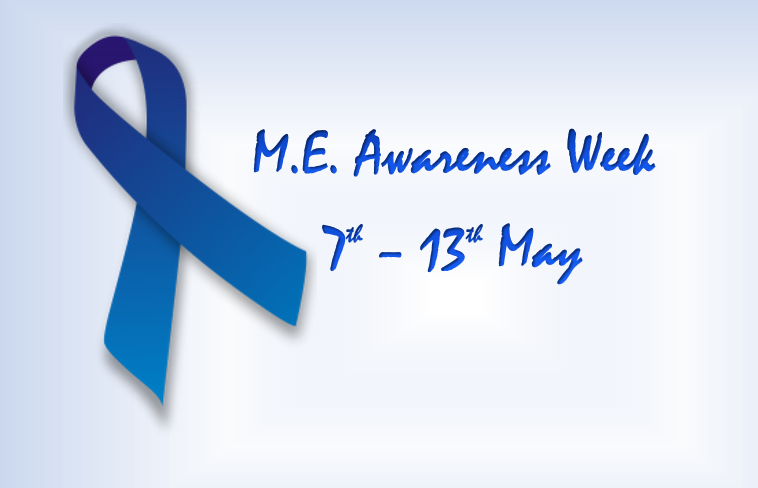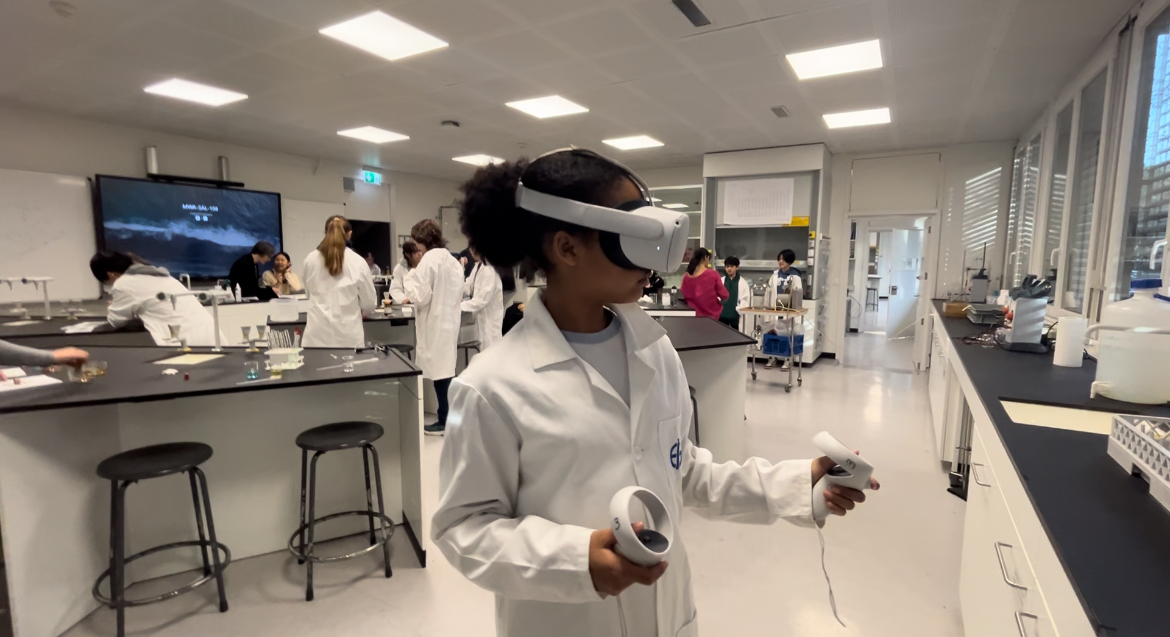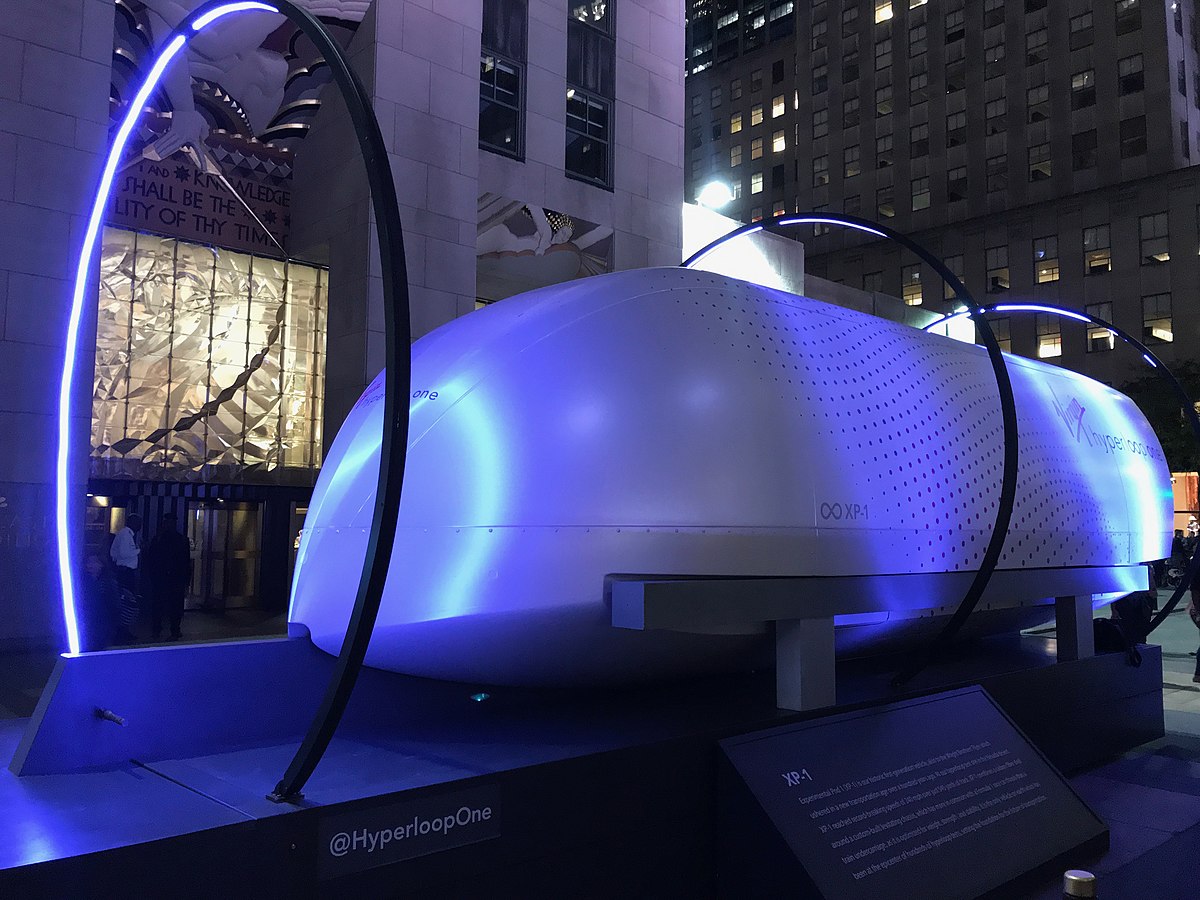By Imogène Taveau, on behalf of Medical Society,
M.E. awareness week spans from 7th to 13th May this year. To help shed some light on an illness rarely spoken about, Hazel, someone who suffers from M.E., has agreed to talk a bit about the illness and the impact it has on her life.
- Tell us a little bit about yourself. Who are you?
I am Hazel Schofield, a 44 year old woman living in Norfolk, UK. I live with my partner Steve and our dog Charlie. I have Severe M.E. which strictly limits my activities.
- What exactly is M.E.?
M.E. stands for Myalgic Encephalomyelitis and is an organic illness affecting millions of people worldwide. It is not the same as CFS (Chronic fatigue Syndrome), nor is it a psychiatric condition. It has been around for years but a lot of misinformation became attached to it in the eighties when it was known as Yuppie Flu.
- When did you first find out you had M.E.? How long does that make it now?
Although it is not fully understood, M.E. tends to come about following a viral infection. This was certainly true in my case as I had bronchitis and became ill with M.E. following on from that.
- How did you find out and how was it diagnosed?
There is no single test for M.E. and it is diagnosed through symptoms and by eliminating other diseases. The symptom list is very long and some people will only have some of the symptoms. Also, you may have some of the symptoms for a while and then they ease up and other symptoms become worse. The most common symptom is Post Exertion Malaise. This means you get tired after doing something and take ages to recover. And by tired, we are talking exhausted. So for some with Severe M.E. like me, cleaning your teeth – even with an electric toothbrush – can be like running a 100 meter race for a normal person and might require a couple of hours bed rest before you can do anything else.
The other common symptoms are pain (muscular and nerves); symptoms similar to irritable bowel syndrome; poor tolerance to light; poor tolerance to the cold (or for some people to heat); sleep problems; and fuzzy thinking (Brain fog)
I was diagnosed in October 2004 after displaying symptoms for a year. Between late 2003 and Oct 2004 I saw a number of specialists who eliminated other conditions and I was given my diagnosis by Dr Terry Mitchell at the National M.E. Centre in Essex. My conditioned worsened over about 18 months until it reached the level it is today although it is important to note that the condition varies within each day. I can be doing OK at one point only to crash and feel quite ill 20 minutes later.
- How does M.E. affect your daily life?
The first effects on my daily life were really when I had to give up working. Even though I worked from home at the time I did not have the energy to concentrate. Then my mobility declined. Although I could and still can, get about the house using a trolley or furniture walking, I cannot walk more than about 10 meters outside the house without becoming totally exhausted. I have used a wheelchair and mobility scooter since early 2005. My social life has been badly affected. I used to go out clubbing until the early hours. Now, evenings are my worst time for exhaustion and I never go out in the evening. I can’t remember when I last danced. If I go out during the daytime with the assistance of my partner or my PA, the trip has to be planned like a military exercise. I have to make sure I am doing nothing busy the days before and after my trip and I have to strictly limit the amount of time I am out.
- What can be done for those with M.E.?
As yet, there is no cure for M.E. so all you can do is treat the individual symptoms such as pain or sleep issues. The most important thing that people can do for people with M.E. is to take them seriously. For too long it has been a political football (The UK government would prefer it was seen as a psychiatric condition rather than an organic illness); a condition derided as laziness; and a ‘dustbin diagnosis’ for any unexplained condition that includes extreme tiredness.

Each of these squares was made by an ME sufferer to illustrate their #missingyears.
Please take a moment to consider what it is like to feel ill every day for a year – and then magnify that feeling for the number of years each square represents.
Research into ME is so important – we can’t get these years back, but research can give us some hope for the future.
#MissingYears #MEawarenessMonth #pwme #me/cfs #MillionsMissing
M.E related websites:
For those with severe M.E – http://www.25megroup.org/
For further information and printable leaflets – http://www.hfme.org/
For young people with M.E – http://www.tymestrust.org/
M.E research – www.meresearch.org.uk



